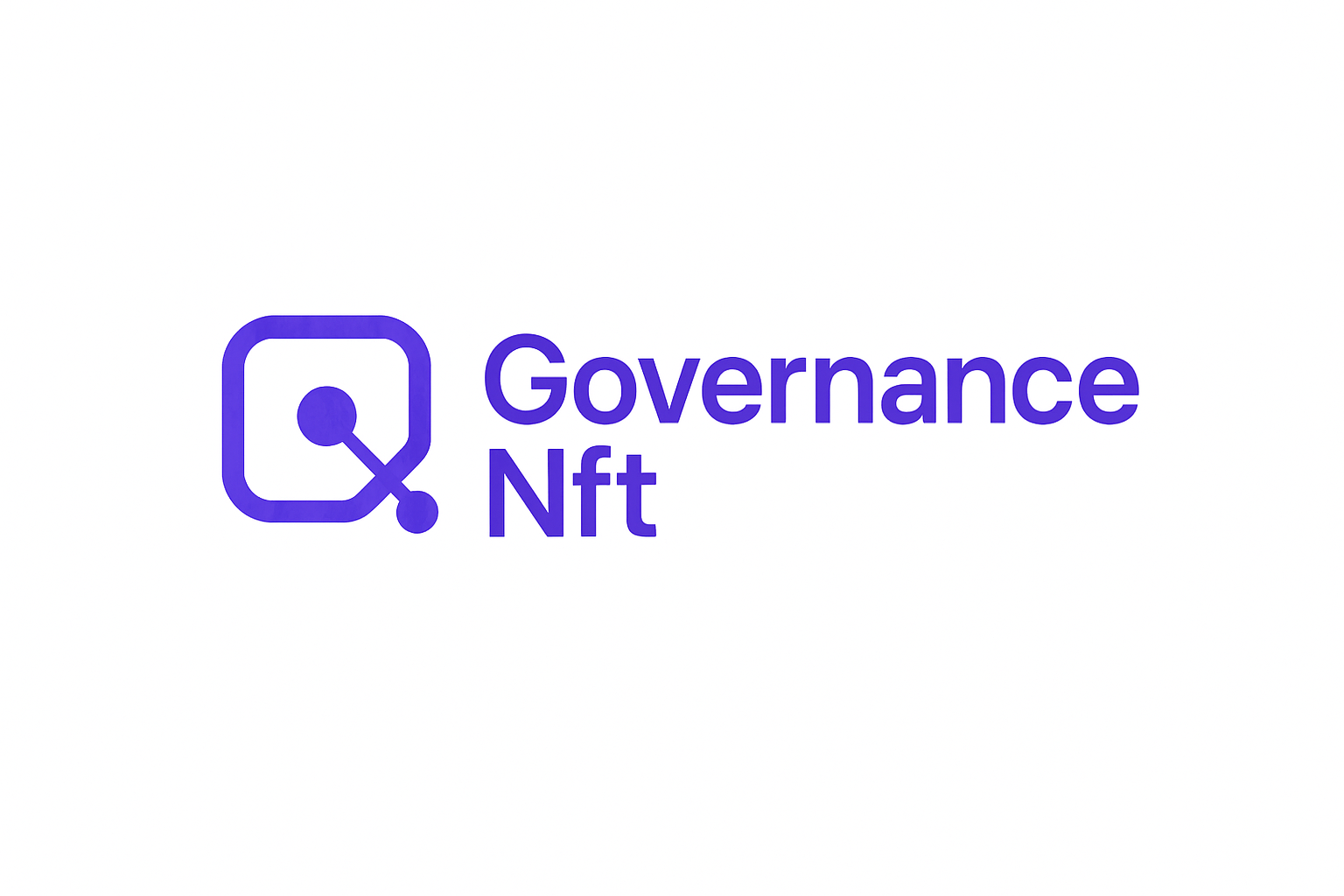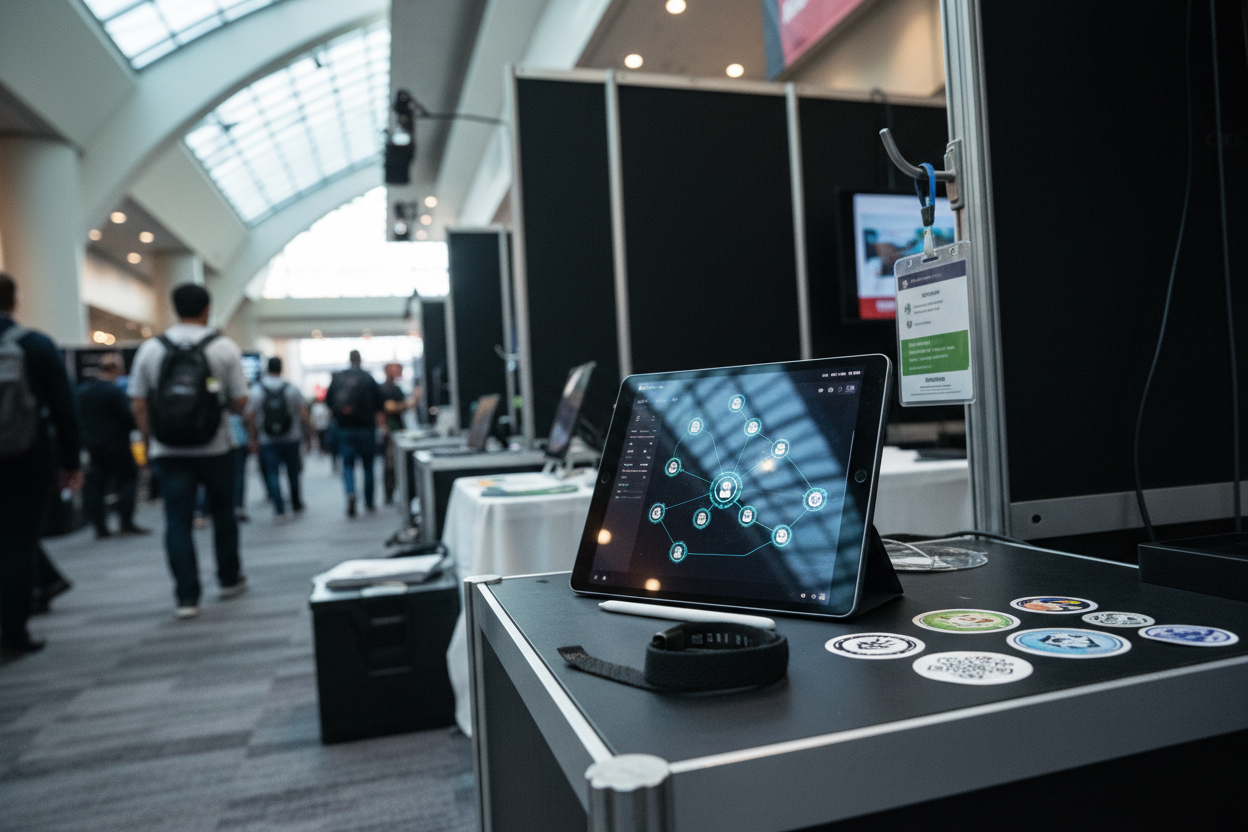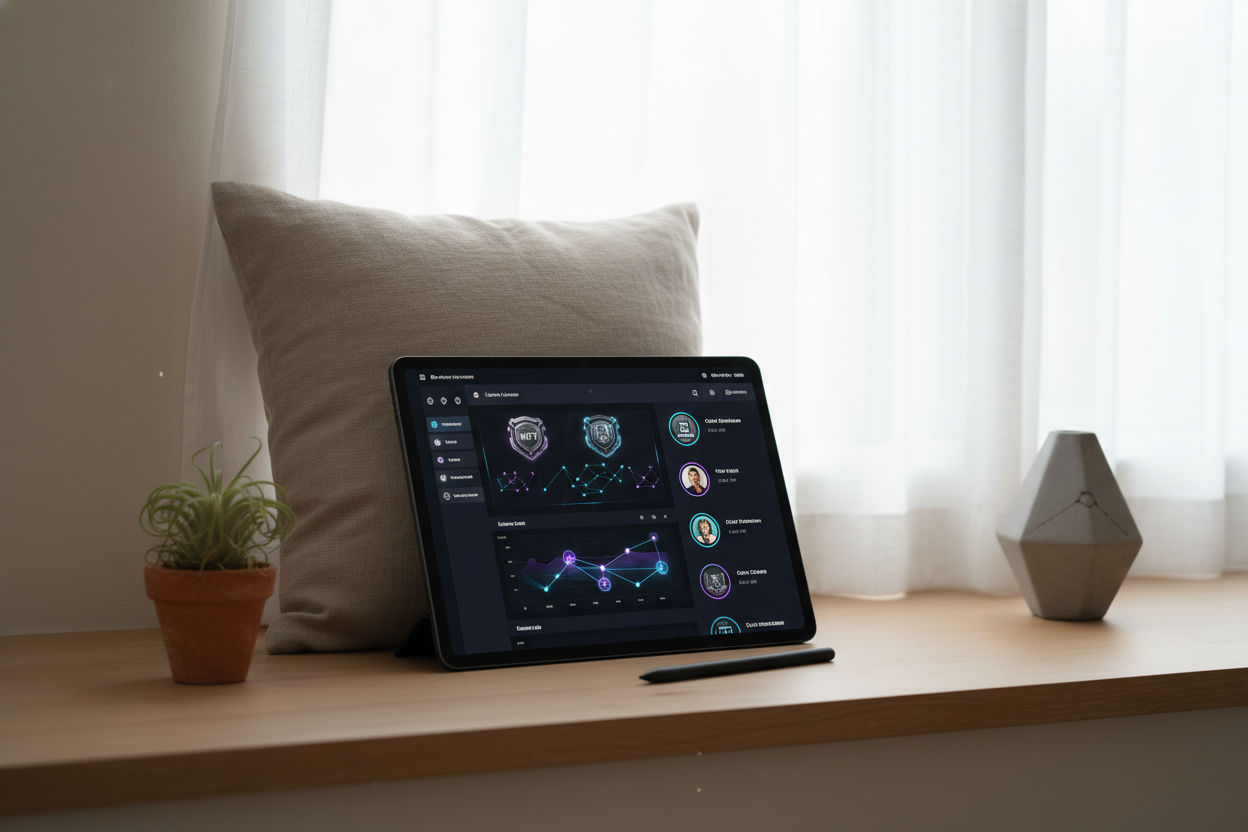
Decentralized Autonomous Organizations (DAOs) have long promised a future where collective decision-making is open, transparent, and fair. Yet, as the space matures, it’s clear that traditional token-based voting often falls short of these ideals. Power tends to concentrate in the hands of a few large token holders, leaving active community members with limited say. Enter reputation-based governance NFTs: a mechanism that is rapidly transforming how DAO voting power is earned and exercised.

Why Reputation-Based Governance NFTs Matter
At the heart of reputation-based governance is a simple but powerful shift: voting power is tied to what you do, not just what you own. Instead of distributing influence based on wallet size, DAOs using reputation systems allocate power in proportion to real contributions and engagement. This creates a more meritocratic and dynamic environment where every member has a genuine incentive to participate.
Key features of reputation-based governance NFTs include:
Top Benefits of Reputation-Based Governance NFTs for DAOs
-
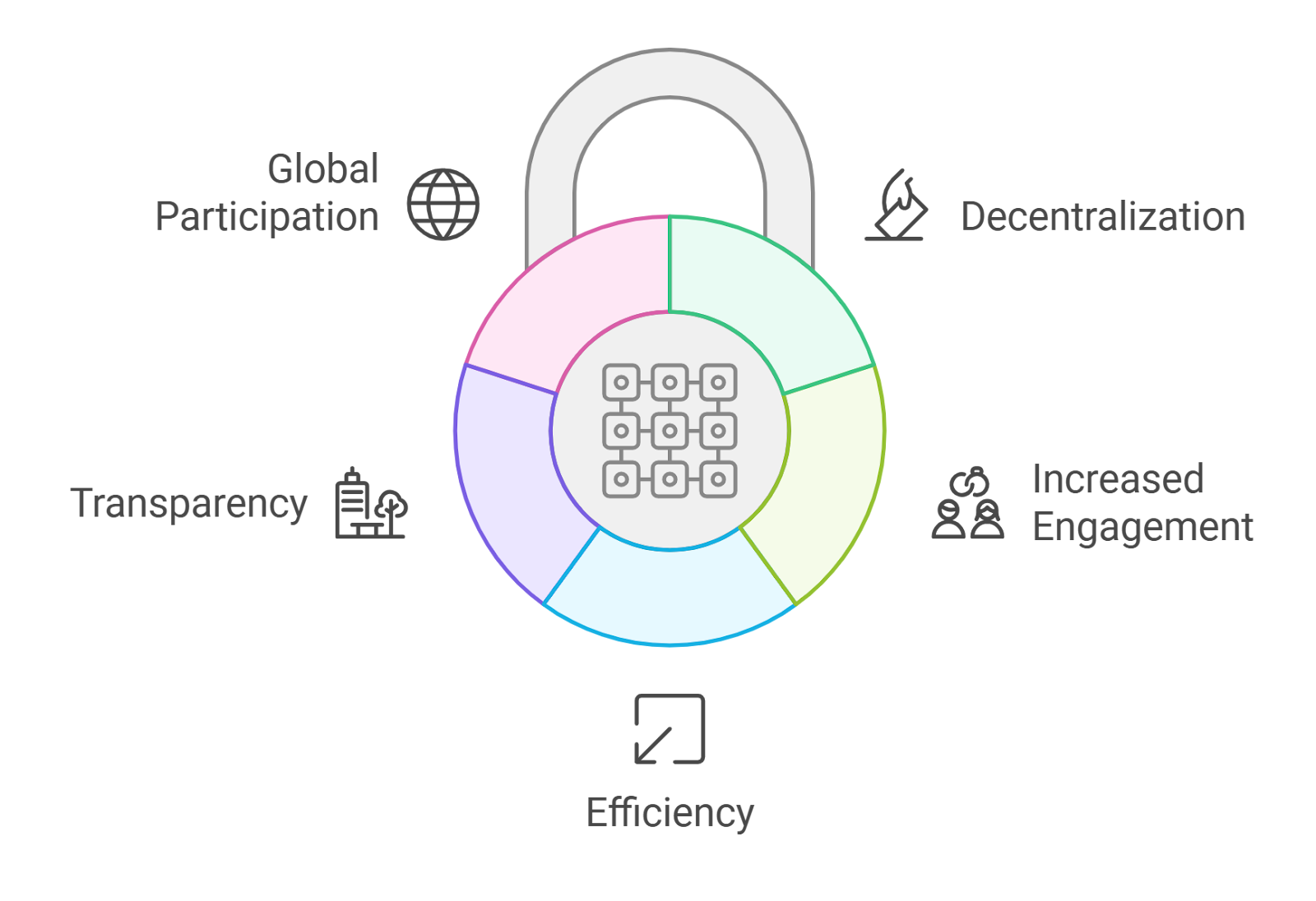
Meritocratic Voting Power: Influence is earned through active contributions—like completing tasks or engaging in discussions—rather than simply holding tokens, ensuring decisions reflect real involvement.
-
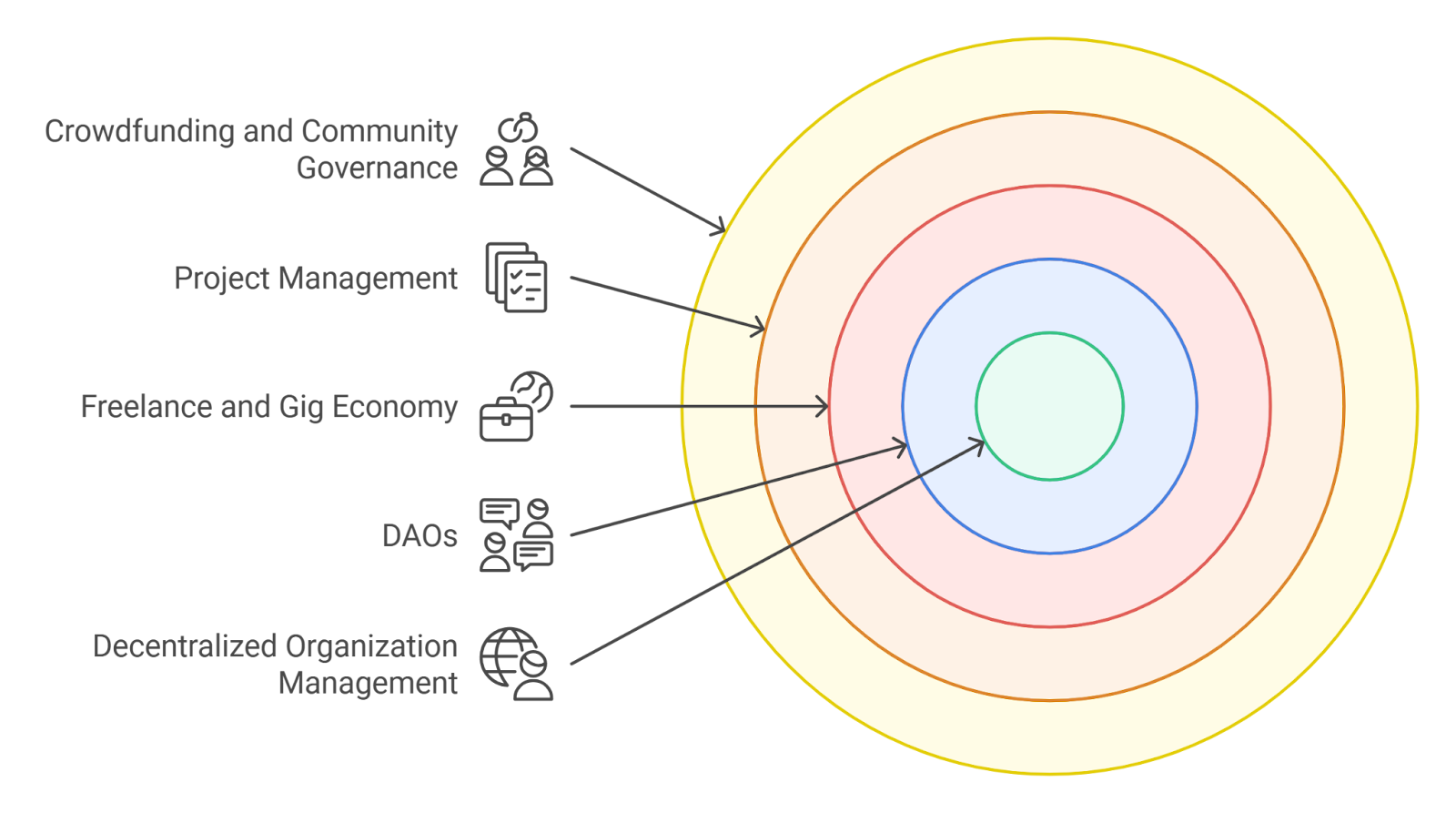
Dynamic and Up-to-Date Governance: Reputation scores adjust over time based on ongoing participation, so voting power always mirrors current activity and commitment within the DAO.
-
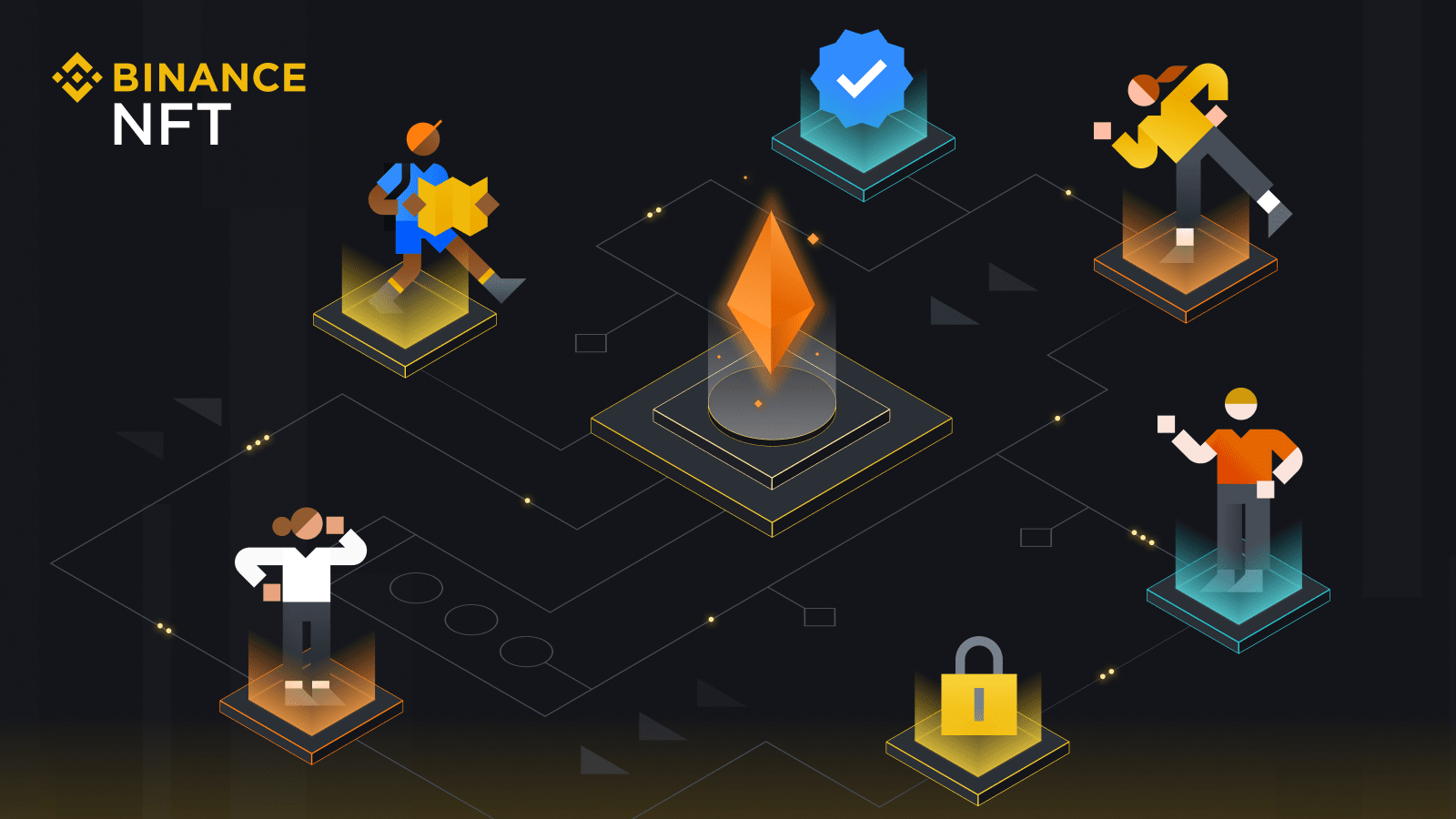
Incentivizes Active Participation: Members are motivated to contribute to the DAO’s success, as greater involvement directly increases their say in governance decisions.
-
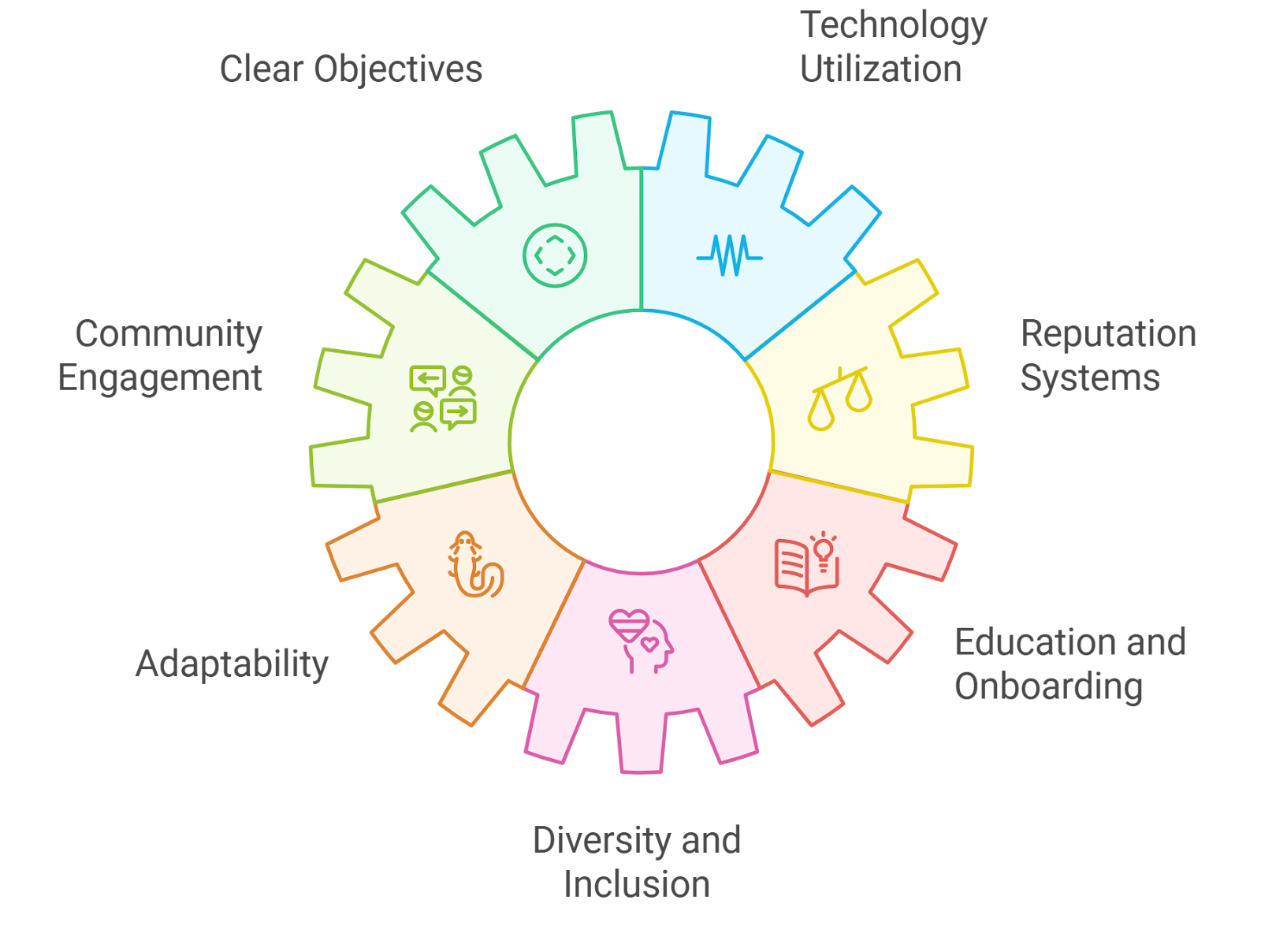
Reduces Centralization Risks: By decoupling voting power from token holdings, these models prevent power from concentrating among wealthy individuals or entities, promoting a fairer governance structure.
-
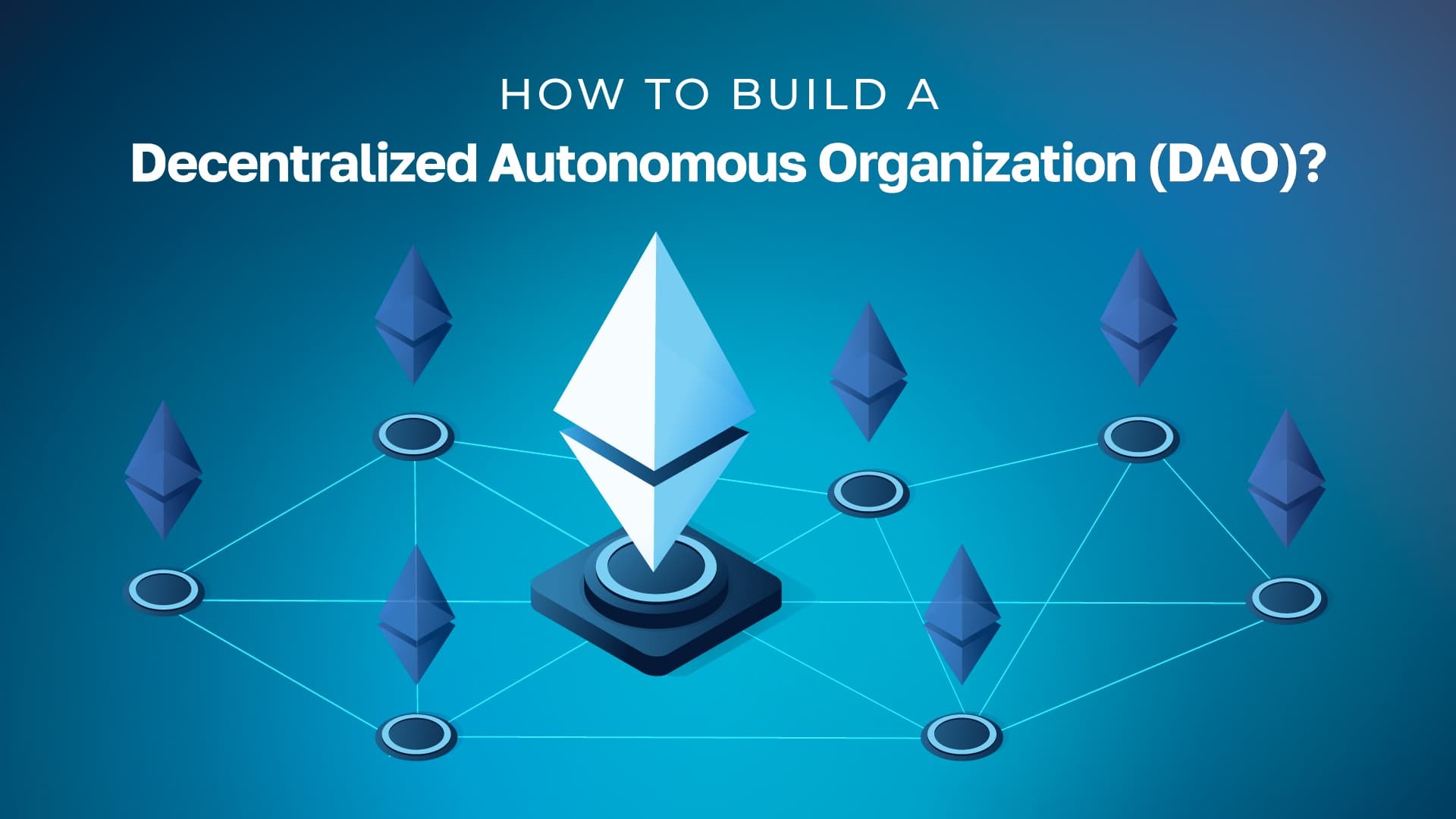
Enhanced Security and Transparency: Smart contracts automate governance rules, reducing the risk of fraud and ensuring transparent, tamper-proof decision-making processes.
-
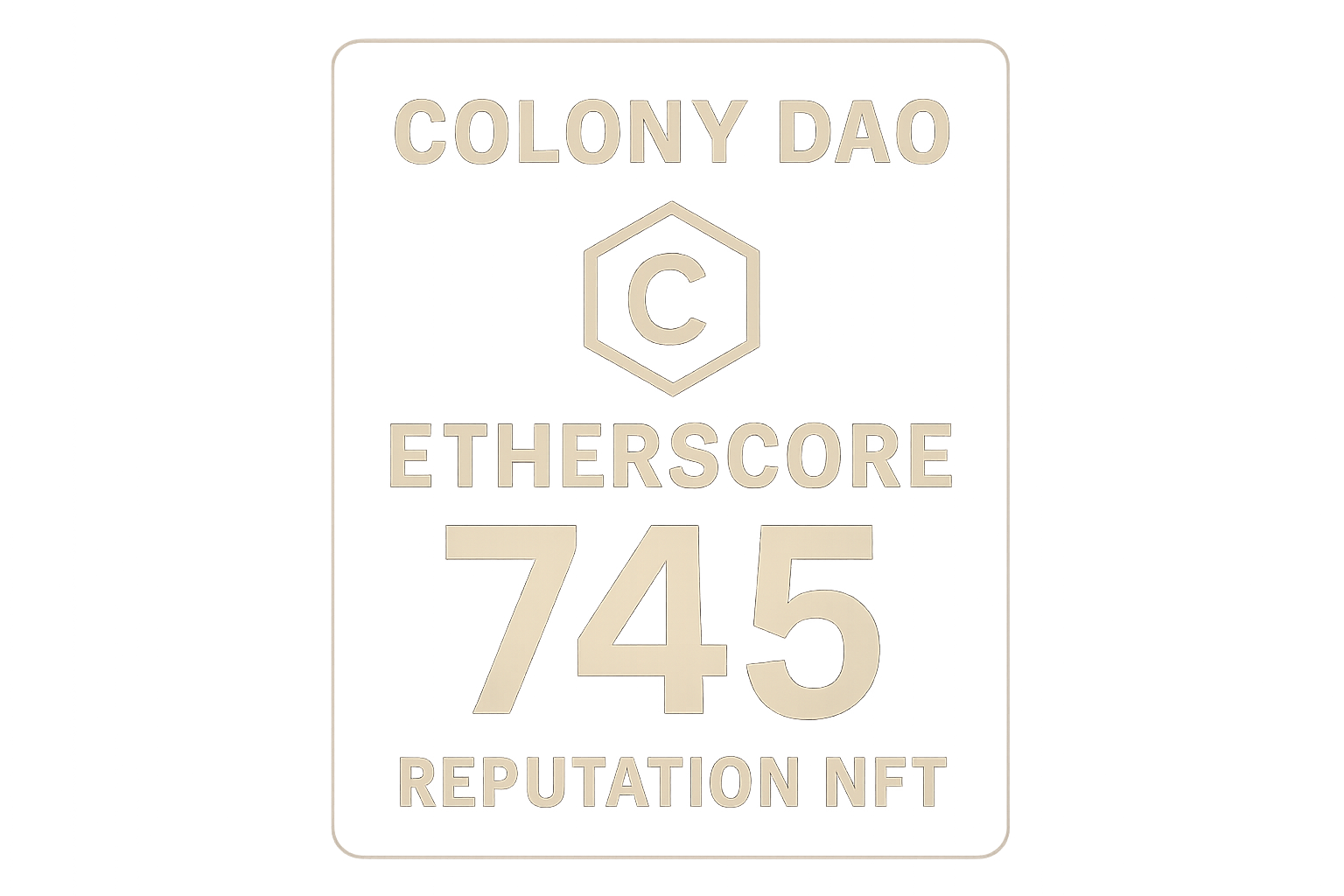
Proven Implementation Examples: Platforms like Colony and EtherScore use reputation-based NFTs to empower active users, demonstrating real-world success and adoption.
The impact? Voting rights become fluid, members gain or lose influence as their activity changes. This constant recalibration helps ensure that those shaping DAO decisions are those actively building its future.
The Mechanics: How Reputation-Based Governance NFTs Work
Unlike tokens that can be bought or sold on the open market, governance NFT badges representing reputation are typically non-transferable. They serve as verifiable NFT credentials tied directly to your contributions, think completed tasks, successful proposals, or meaningful participation in discussions.
This approach offers several advantages over traditional models:
- Anti-whale protection: No amount of capital alone can buy you outsized voting power.
- Continuous engagement: To maintain or grow your influence, you need to keep contributing, resting on past achievements isn’t enough.
- Diversity of input: By rewarding different forms of value (code, community management, education), DAOs can tap into their full talent pool.
The result is a decentralized reputation system where influence aligns with impact, not just investment.
“Reputation-based voting is designed to align decision-making power with the contributions and engagement of community members. ”
– Colony Blog
Pioneers: Real-World Examples Transforming DAO Participation
The theory sounds compelling, but how does it work in practice? Projects like Colony and EtherScore are blazing trails by implementing robust reputation systems that issue non-transferable badges for meaningful participation. For example:
- Colony: Members earn dynamic reputation points through task completion and collaboration. These points directly impact their voting weight in governance decisions.
- EtherScore: Users accumulate on-chain badges by engaging with protocols and DAOs; these badges reflect ongoing activity rather than static holdings, encouraging consistent involvement over time (learn more here).
This new model doesn’t just prevent centralization, it actively encourages creativity and contribution across all levels. By making participation its own reward and requirement for influence, DAOs are finally able to realize the promise of decentralized governance in web3 communities.
With reputation-based governance NFTs, we’re witnessing a profound shift in how DAOs define and distribute power. The implications stretch far beyond simply preventing whales from dominating votes. They touch on the very fabric of what makes a decentralized community resilient, innovative, and welcoming to newcomers.
Benefits for DAO Health and Community Growth
The move to reputation-driven voting fundamentally changes how DAOs incentivize behavior. Instead of rewarding passive holding, organizations now have tools to actively recognize diverse forms of value creation, whether it’s code commits, insightful forum posts, or onboarding new members. This approach not only boosts transparency but also strengthens accountability: your voting badge is a living record of your impact.
Let’s break down why this matters for the future of web3 governance:
How Reputation-Based Governance NFTs Strengthen DAOs
-
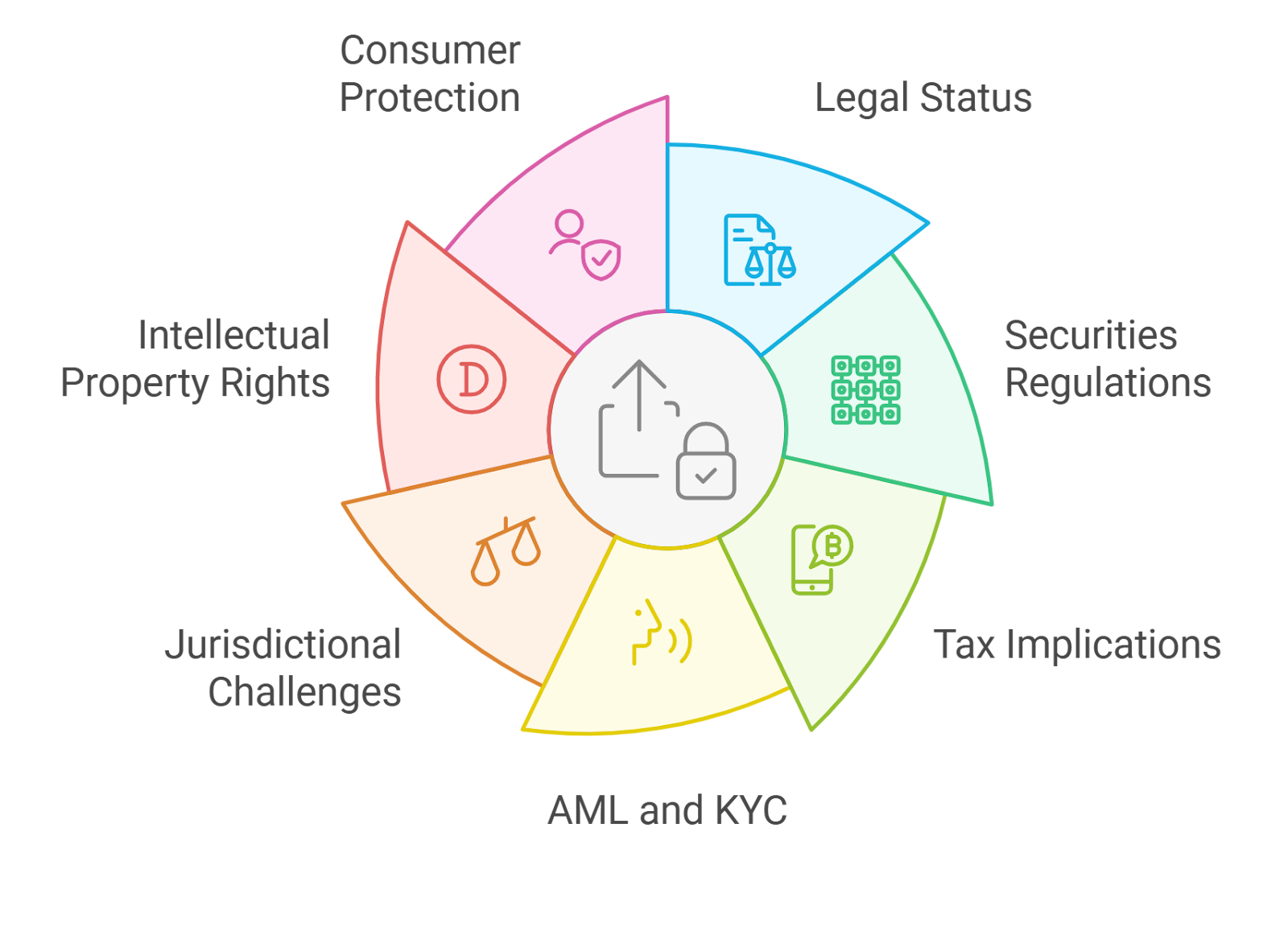
Meritocratic Voting Power: Reputation-based governance NFTs allocate voting influence according to a member’s contributions and engagement within the DAO, not just token holdings. This ensures that those actively shaping the community have a greater say in decisions.
-
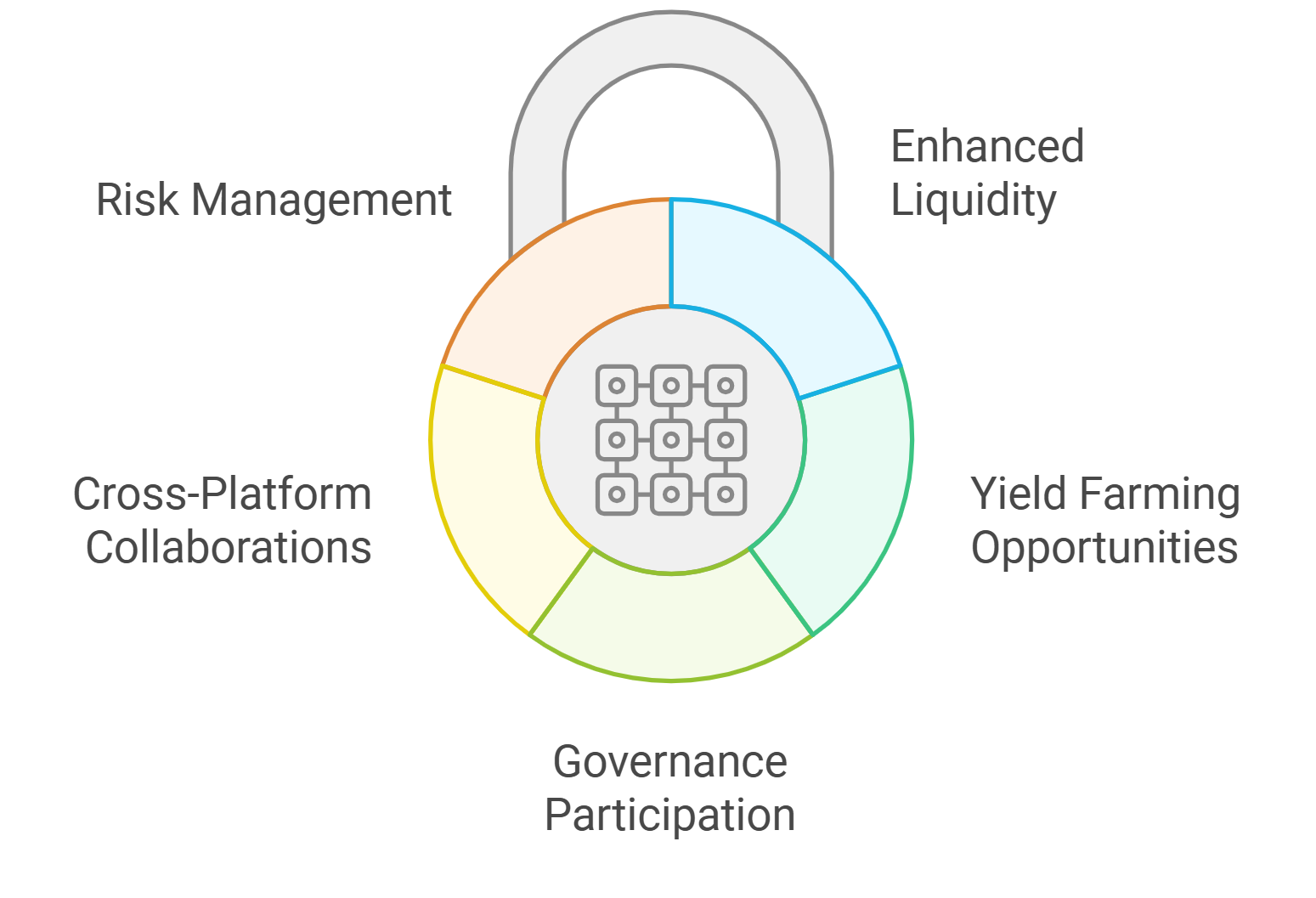
Dynamic and Adaptive Influence: Voting power tied to reputation NFTs can increase or decrease with ongoing participation, reflecting current involvement rather than static ownership. This dynamic model keeps governance responsive and fair.
-
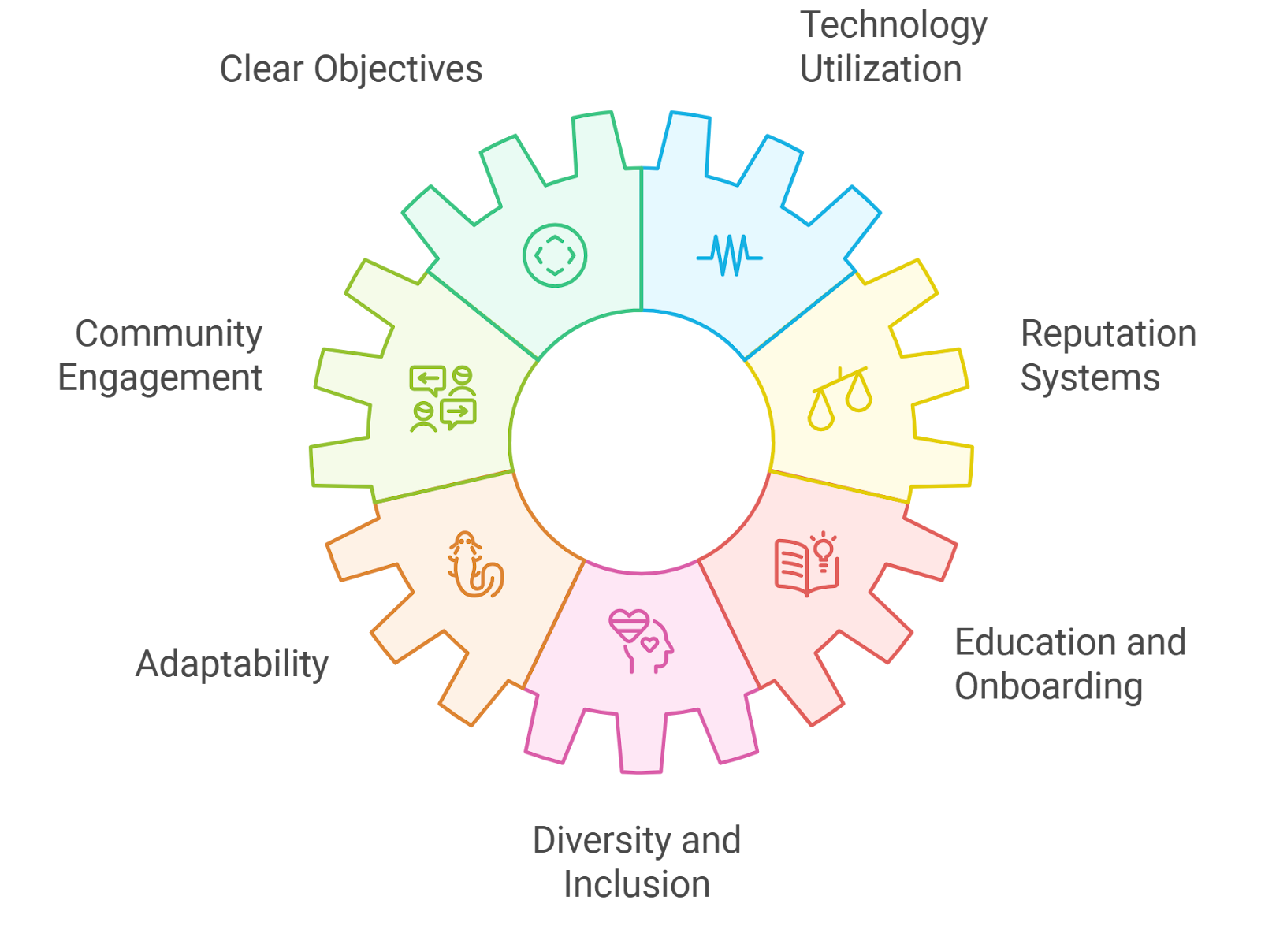
Encourages Active Participation: Members are motivated to contribute meaningfully—through tasks, discussions, or achievements—because their reputation (and thus voting power) grows with their engagement.
-
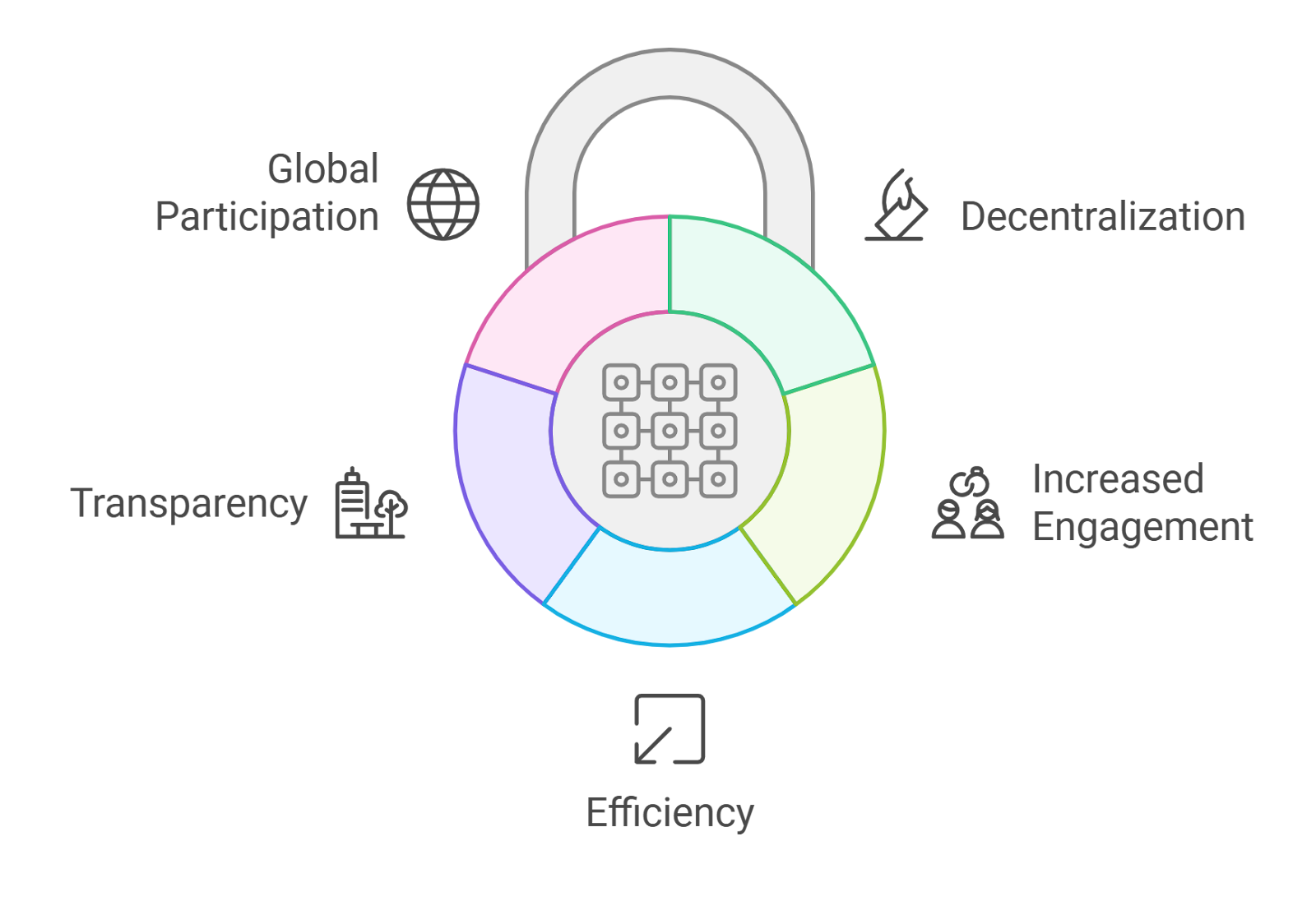
Reduces Centralization Risks: By shifting influence away from large token holders, reputation-based NFTs mitigate power concentration and promote a more decentralized, equitable decision-making process.
-
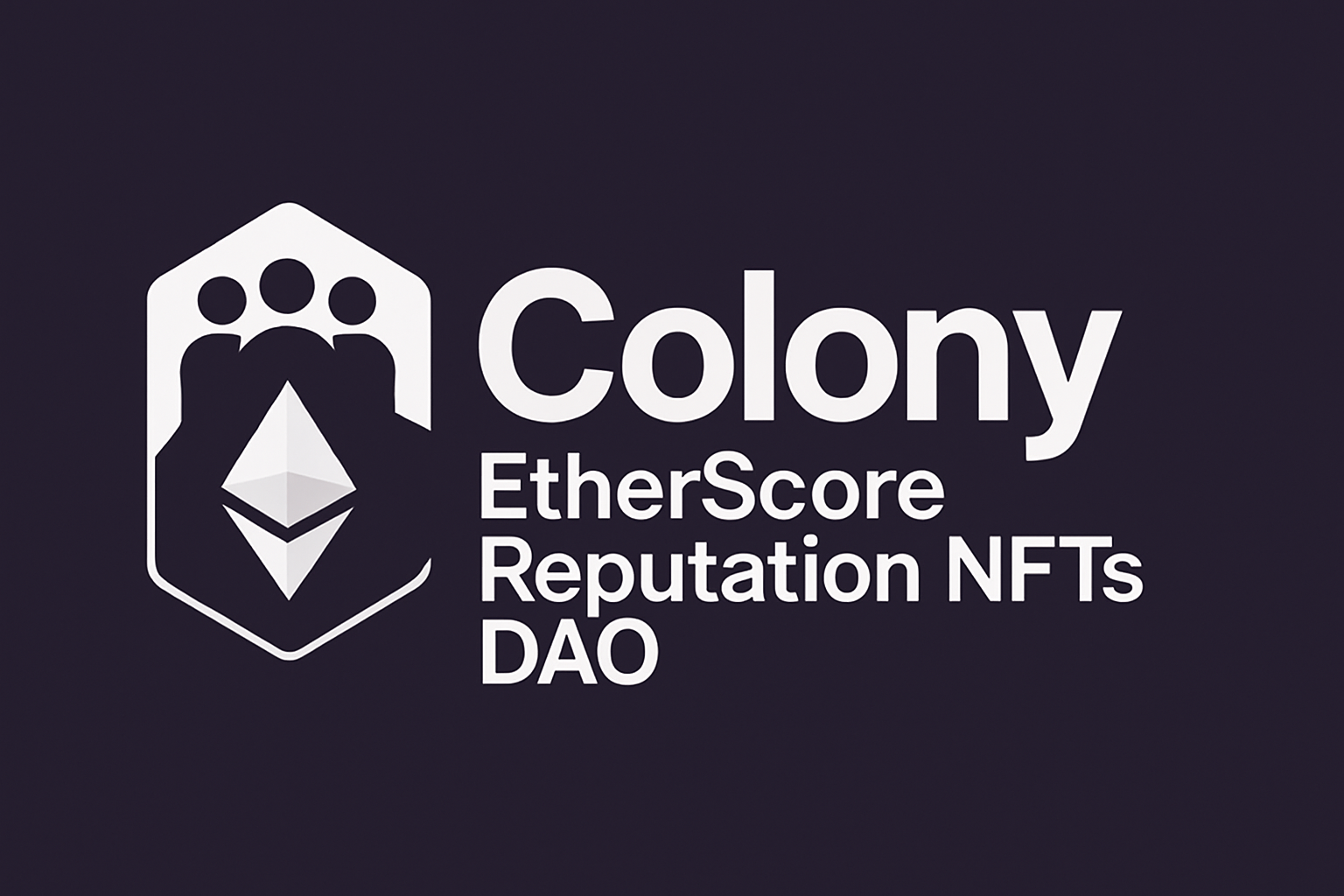
Transparent and Verifiable Systems: Platforms like Colony and EtherScore use on-chain, non-transferable reputation NFTs, making governance transparent and accountable for all members.
-
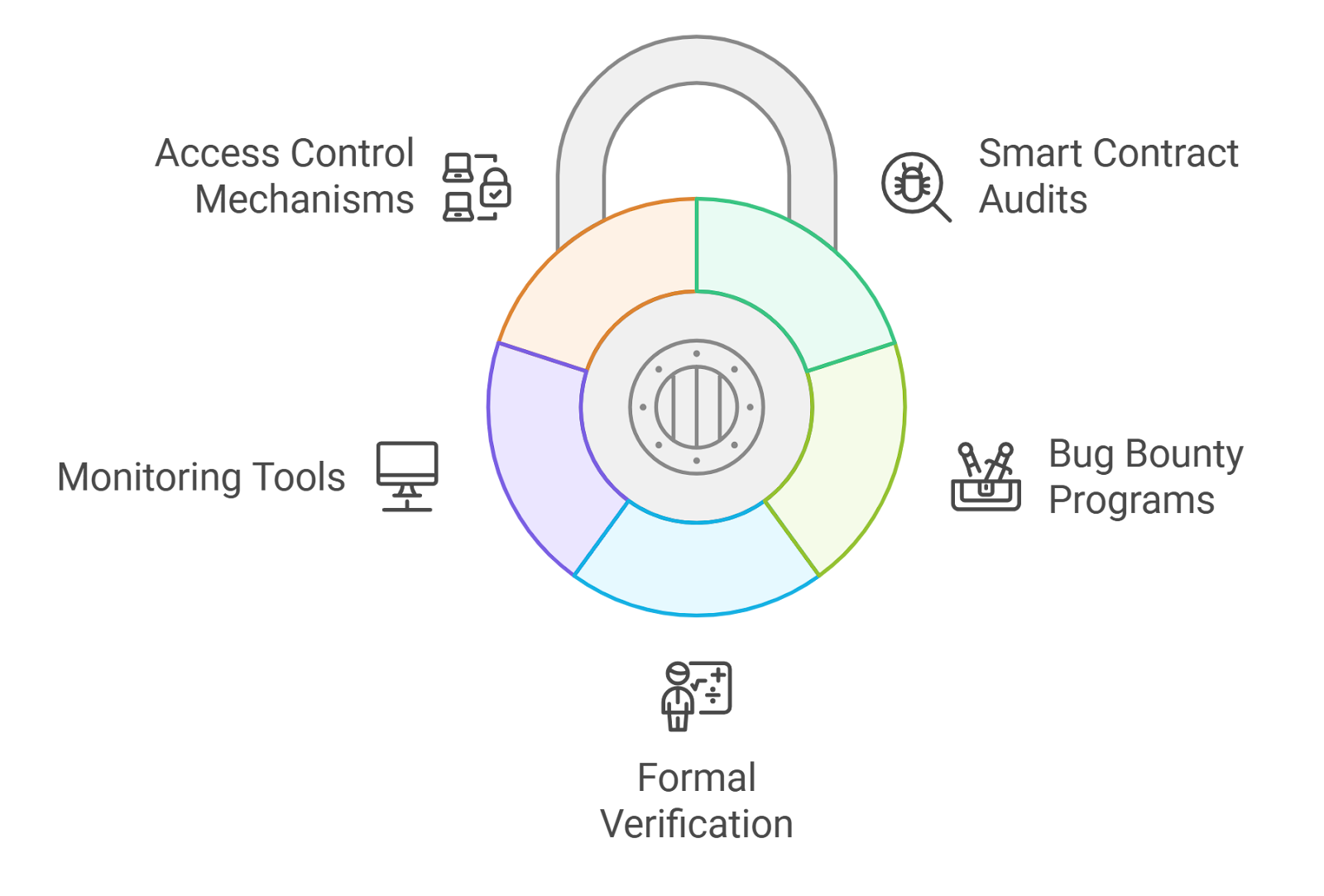
Enhanced Security and Efficiency: Smart contracts automate reputation tracking and voting, reducing fraud risks and enabling DAOs to operate efficiently around the clock.
By making influence earned rather than bought, DAOs can attract contributors motivated by purpose rather than profit. This creates a virtuous cycle where engaged members drive better decisions, which in turn attracts more participation and innovation.
Challenges and Evolving Best Practices
No system is perfect. Reputation-based models introduce their own complexities, how do you fairly measure different types of contributions? How do you prevent gaming or manipulation? Projects like Colony and EtherScore are tackling these questions with transparent algorithms, public audit trails, and regular recalibration of reputation scores. Non-transferable badges help ensure that influence can’t be sold or traded like tokens.
Still, there’s ongoing debate in the DAO ecosystem about balancing on-chain data (easily verifiable actions) with off-chain achievements (community building, education). The best systems combine both quantitative and qualitative inputs while keeping processes open for scrutiny.
“Reputation systems should be as transparent as possible, every member deserves to know exactly how their actions translate into governance power. ”
– Governance NFT Badges Community Member
What’s Next for Reputation-Based Governance NFTs?
The future is bright, and rapidly evolving. As more DAOs adopt dynamic reputation badges as verifiable NFT credentials, we’ll see even more creative uses emerge: automated contributor rewards, milestone-based voting rights, granular anti-whale mechanisms, and cross-DAO reputational portability. Platforms like Governance NFT Badges are already making it easier for organizations to issue secure badges that reflect real contributions.
The endgame? A decentralized landscape where every voice matters, but only if it’s backed by genuine engagement. By putting meritocracy at the core of web3 communities, reputation-based governance NFTs are setting new standards for transparency and inclusion in decentralized decision-making.
- If you’re building a DAO: Consider integrating non-transferable governance NFT badges to align incentives with participation.
- If you’re a contributor: Seek out projects using these systems, you’ll find your efforts recognized in ways that go far beyond financial rewards.
- If you’re a curious observer: Watch this space closely; the next wave of DAO innovation will be shaped by those who understand both technology and community dynamics.
